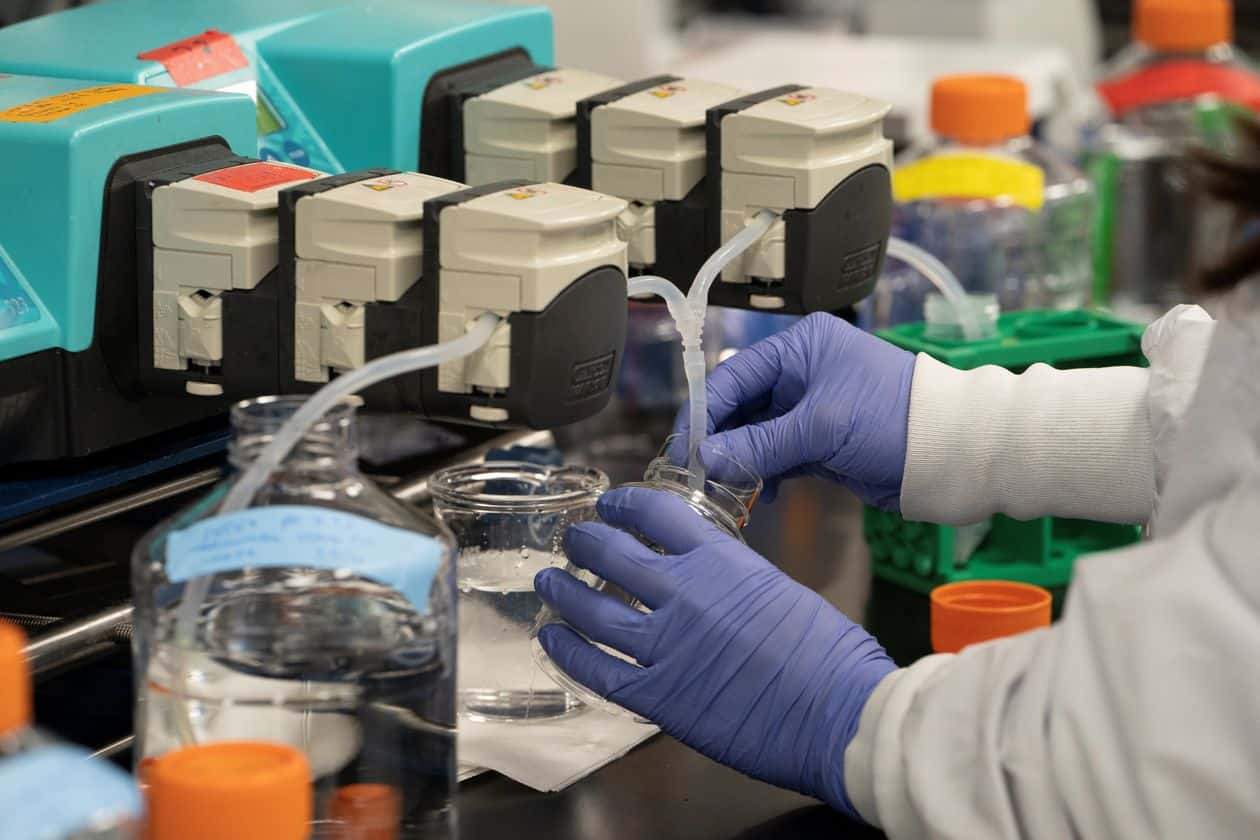U.S. to Accuse China of Attempts to Hack Coronavirus Research

The Trump administration is planning to issue a warning that hackers tied to the Chinese government are attempting to pilfer information from U.S. researchers working on the race to develop a coronavirus vaccine, according to a person familiar with the matter.
The alert, from the Federal Bureau of Investigation and Department of Homeland Security, is expected to accuse Beijing of working to steal from American institutions intellectual property and health information related to coronavirus vaccines and treatment through hacking and other illicit means and may come within days, the person said. The warning was not finalized and plans around its release could change, the person said.
Such a warning would increase tensions between the U.S. and China that have already deteriorated at a rapid clip in recent months as the coronavirus has unfurled across the globe.
Chinese Foreign Ministry spokesman Zhao Lijian said Beijing opposes all forms of cyberattack and cracks down on them. “China is leading in the research of Covid-19 vaccine and treatment. It is immoral for anyone to engage in rumor-mongering without presenting any evidence,” he said in a briefing Monday.
The New York Times reported earlier Sunday about the administration’s plans for an alert.
The Trump administration has repeatedly publicly blamed China of stealing billions of dollars of intellectual property from U.S. businesses annually, including in the sensitive field of biomedical research. Those accusations have typically come years after the alleged hacks or espionage cases and been supported by indictments or technical information to support its claims.
It could not be determined what evidence, if any, the planned alert would contain. A warning that China was trying to steal information about the coronavirus would be an unusually quick assessment from the U.S. government about hacking activity and would follow other allegations from the Trump administration seeking to blame China for the outbreak.
Scientists say the virus appears to have emerged from the Chinese city of Wuhan. Secretary of State Mike Pompeo has asserted, without offering evidence, that it originated from a laboratory in that area. Mr. Pompeo later said there was evidence only that the virus came from within the vicinity of the Wuhan Institute of Virology.
The U.S. intelligence community publicly confirmed last month it is investigating the origin of the virus as it related to the laboratory in Wuhan, but said in a statement issued by the Office of the Director of National Intelligence that it agreed with the broad scientific consensus that “the Covid-19 virus was not manmade or genetically modified.”
Western governments and cybersecurity researchers at various firms have said they have seen different hacking groups focus attention on coronavirus in recent months and have characterized that development as troubling, though not surprising.
British and U.S. cybersecurity officials last week delivered a joint advisory that pharmaceutical companies, universities and other organizations that work on medical research were being targeted by nation-state hackers in relation to the pandemic. The alert did not name any specific country, but warned of a relatively unsophisticated technique known as password spraying that attempts to compromise an organization by rapidly guessing common account login passwords.
The Department of Homeland Security “has prioritized our cybersecurity services to health care and private organizations that provide medical support services and supplies in a concerted effort to prevent incidents and enable them to focus on their response to Covid-19,” said Bryan Ware, assistant director of cybersecurity at DHS.
The stepped-up cyber defense efforts reflect national-security concerns in the race to produce a vaccine and control the coronavirus outbreak. The pandemic poses a prolonged threat to many nations’ health systems and could bring prolonged economic damage.
That has made getting access to a vaccine—and to other pharmaceutical and technological tools to fight the virus—a priority for governments. The pandemic has already triggered jostling, including among allies, over access to more basic needs, like masks and protective gear.
Photo: Western governments and cybersecurity researchers have said they have seen hacking groups focus attention on coronavirus in recent months. Photo: Bing Guan/Reuters











